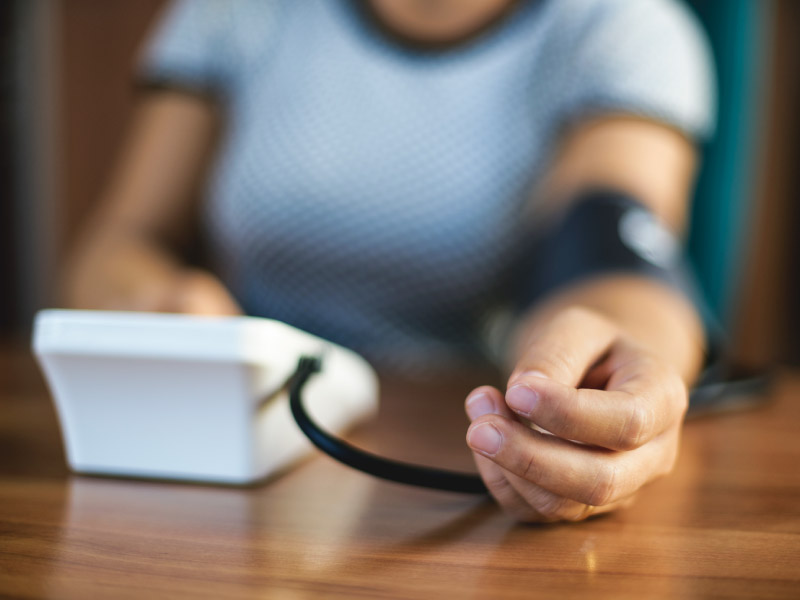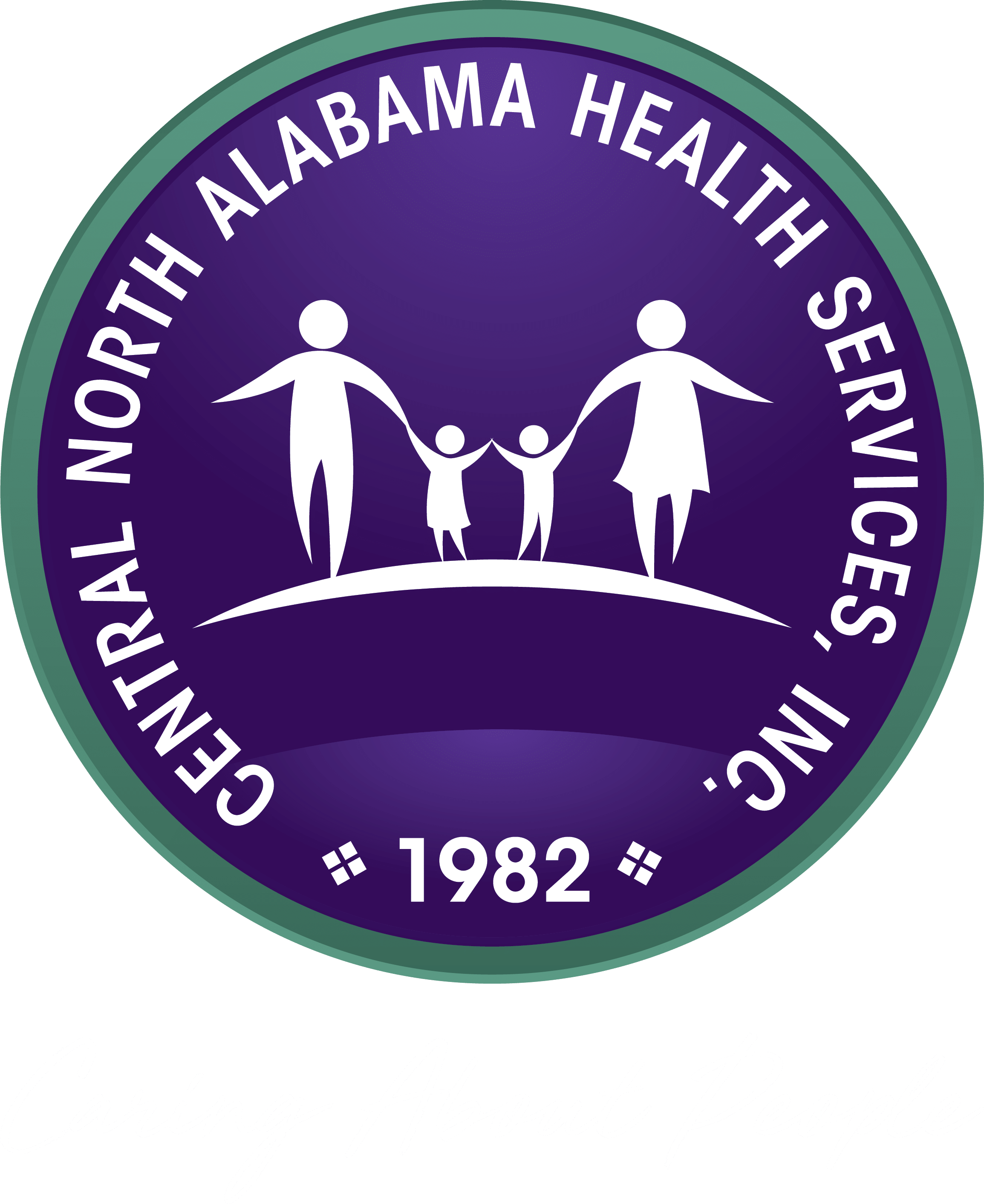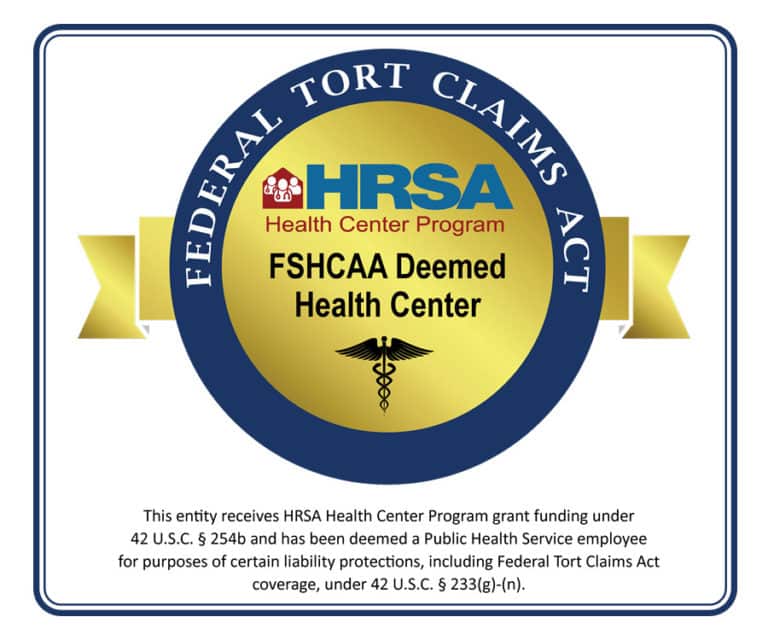Preventing & Managing High Blood Pressure
This Hypertension Education Month, let’s uncover some hidden culprits that might be silently elevating your blood pressure. We all know the basics: watch those numbers, eat well, and stay active. But there could be lifestyle factors at play quietly sabotaging your efforts. With nearly half of all American adults grappling with high blood pressure, grasping these lesser-known triggers can be a game-changer in managing your health effectively.

While some risk factors, like aging or family history, are beyond our control, there’s a lot we can do to prevent or manage hypertension.
- Maintain a healthy weight
- Load up on fruits, veggies, and whole grains
- Cut back on salt
- Stay active
- Ditch the cigarettes
- Limit or eliminate alcohol
For those who already have high blood pressure, it’s crucial to manage it well. This means making lifestyle changes and taking any medicines your doctor prescribes. Working closely with your healthcare team to address any worries and make your treatment plan work for you is really important for keeping your blood pressure healthy.
Surprising Habits That Impact Blood Pressure
High blood pressure isn’t always caused by obvious things like eating junk food or being overweight. Here are five surprising habits that might be messing with your blood pressure:
1. Sodium Sneak Attacks in Packaged Foods
Even if you don’t add salt to your food, packaged foods can still have a lot of sodium. Things like canned soups, processed meats, and even bread can be packed with salt. Checking food labels and choosing low-sodium options can help you control your salt intake.
Learn more: Sodium: Look at the Label
2. Not Getting Enough Sleep
Not getting enough sleep can mess with your blood pressure. Studies show that consistently getting less than six hours of sleep a night is linked to higher blood pressure. Making sure you get good quality sleep by sticking to a regular sleep schedule and having a calming bedtime routine can really help your heart.
Learn more: Are you getting enough sleep?
3. The Snore Show: Sleep Apnea
Sleep apnea is when you stop breathing for short periods while you sleep. It’s closely linked to high blood pressure because it makes your body struggle to get enough oxygen. If you snore loudly, wake up gasping for air, or feel tired during the day, it’s important to see a doctor about it.
4. Not Drinking Enough Water
Being dehydrated can cause temporary spikes in blood pressure. When your body doesn’t have enough water, your blood vessels can tighten up, which raises your blood pressure. Make sure to drink plenty of water throughout the day, especially when it’s hot or you’re being active.
Learn more: Water and Healthier Drinks
5. Stress
Feeling stressed out can make your blood pressure go up. When you’re stressed, your body releases hormones that temporarily raise your blood pressure. If you’re always feeling stressed, it can lead to long-term high blood pressure. Doing things like yoga, meditation, or spending time outside can help you relax and keep your blood pressure in check.
Learn more: Exercise and Stress Relief
Small Changes, Big Impact
 There’s plenty you can do starting today. Small steps can lead to big improvements. If your blood pressure seems resistant to change, it’s worth delving into factors like sleep apnea or other hidden triggers. Whether you’re cutting back on salt, prioritizing sleep, staying hydrated, or embracing relaxation methods, these daily habits can significantly impact your blood pressure and overall health. And remember, your primary care provider is your trusted partner in health, ready to help you conquer any blood pressure challenges and live life to the fullest.
There’s plenty you can do starting today. Small steps can lead to big improvements. If your blood pressure seems resistant to change, it’s worth delving into factors like sleep apnea or other hidden triggers. Whether you’re cutting back on salt, prioritizing sleep, staying hydrated, or embracing relaxation methods, these daily habits can significantly impact your blood pressure and overall health. And remember, your primary care provider is your trusted partner in health, ready to help you conquer any blood pressure challenges and live life to the fullest.
Learn more bout hypertension here.


